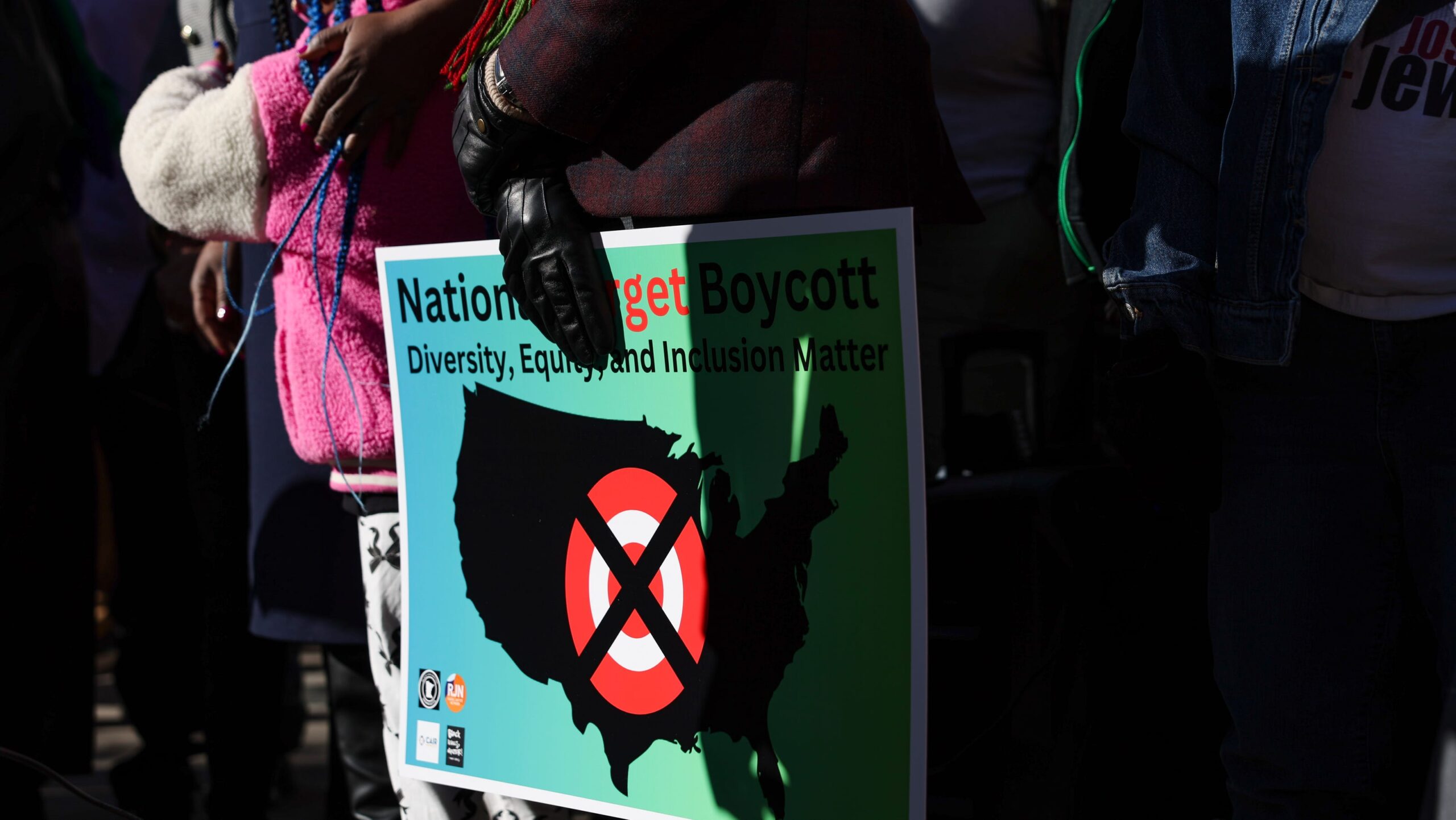
Washington — The NAACP is urging Black consumers to prioritize their spending on companies that continue to support diversity, equity, and inclusion (DEI) initiatives despite conservative pressures. The nation’s oldest civil rights organization has compiled a list of brands that have maintained or altered their commitments to these values.
The NAACP emphasizes the importance of their recently released spending guide, stating that DEI programs are essential for the social and economic progress of Black Americans. Projections indicate that this demographic is expected to spend nearly $2 trillion on goods and services by 2030, as highlighted by the McKinsey Institute for Black Economic Mobility.
NAACP President Derrick Johnson noted in an exclusive statement to The Associated Press, “Diversity translates to better financial performance. In today’s global market, those who embrace a multicultural approach to consumerism and business will thrive, while those who resist will be left behind.”
Keisha Bross, an economic strategist with the NAACP, clarified that they are not advocating for a “boycott” but rather encouraging consumers to choose companies that align with their values. The guidelines are meant for individuals of all backgrounds.

The NAACP is in discussions with executives from major companies listed in the advisory, including Amazon, McDonald’s, Target, Lowe’s, Tractor Supply, and Walmart. The organization plans to update its recommendations based on whether companies reaffirm or retract their DEI commitments.
The Black Consumer Advisory scrutinizes prominent American retailers like Lowe’s, Target, and Walmart for discontinuing DEI practices while commending Costco for its steadfast commitment. Other companies, including Apple, Ben & Jerry’s, Delta Airlines, e.l.f. Cosmetics, and JPMorgan Chase & Co., are recognized for their ongoing support of DEI initiatives. Conversely, McDonald’s faces criticism for its policy changes, and major tech firms such as Amazon and Meta are also called out for backtracking.
The advisory investigates instances where companies have regressed on previous commitments, including the removal of diversity officer roles, halting hiring practices aimed at enhancing workforce diversity, or diminishing investments in Black communities, such as those supporting historically Black colleges and universities.
According to McKinsey’s research, Black Americans are more likely to reside in neighborhoods with limited access to products and services offered by major companies.
“I believe this framework will assist our community in making informed choices about where to allocate our financial resources,” Johnson stated. “If companies wish to earn our dollars, they must be prepared to act responsibly.”
This initiative emerges as corporations, governmental entities, and other significant institutions face increasing pressure to retract DEI policies in response to a backlash from the Trump administration and Republican-led state governments.
Shortly after taking office, President Trump issued an executive order aimed at ending “illegal preferences and discrimination” in government. This directive also encouraged federal agencies to implement measures alongside the Justice Department to discourage the private sector from engaging in discriminatory practices, including DEI initiatives.
DEI policies encompass various programs designed to foster fair treatment, unbiased hiring, and collaboration among diverse individuals. These practices differ widely among companies, educational institutions, and government entities, typically involving anti-discrimination requirements and training to promote inclusive values. Some organizations employ dedicated staff for the implementation of DEI strategies.
Trump’s executive orders have faced opposition, as reflected in a February lawsuit filed by a coalition that included the mayor of Baltimore and a group representing university faculty, which argued that the mandates violated civil rights regulations.
“In his effort to eliminate diversity, equity, inclusion, and accessibility initiatives from our nation, President Trump cannot override Congress’s exclusive authority over financial matters, nor can he silence dissenting voices through threats of financial repercussions,” the plaintiffs asserted in their lawsuit.
Further legal challenges regarding DEI practices in the private sector are expected. Recently, the Federal Communications Commission filed a lawsuit against Comcast targeting its DEI policies, and the state of Missouri brought a similar case against Starbucks. Additionally, companies like Apple, Berkshire Hathaway, Coca-Cola, IBM, Mastercard, and Pepsico are facing shareholder proposals that question their DEI practices.









